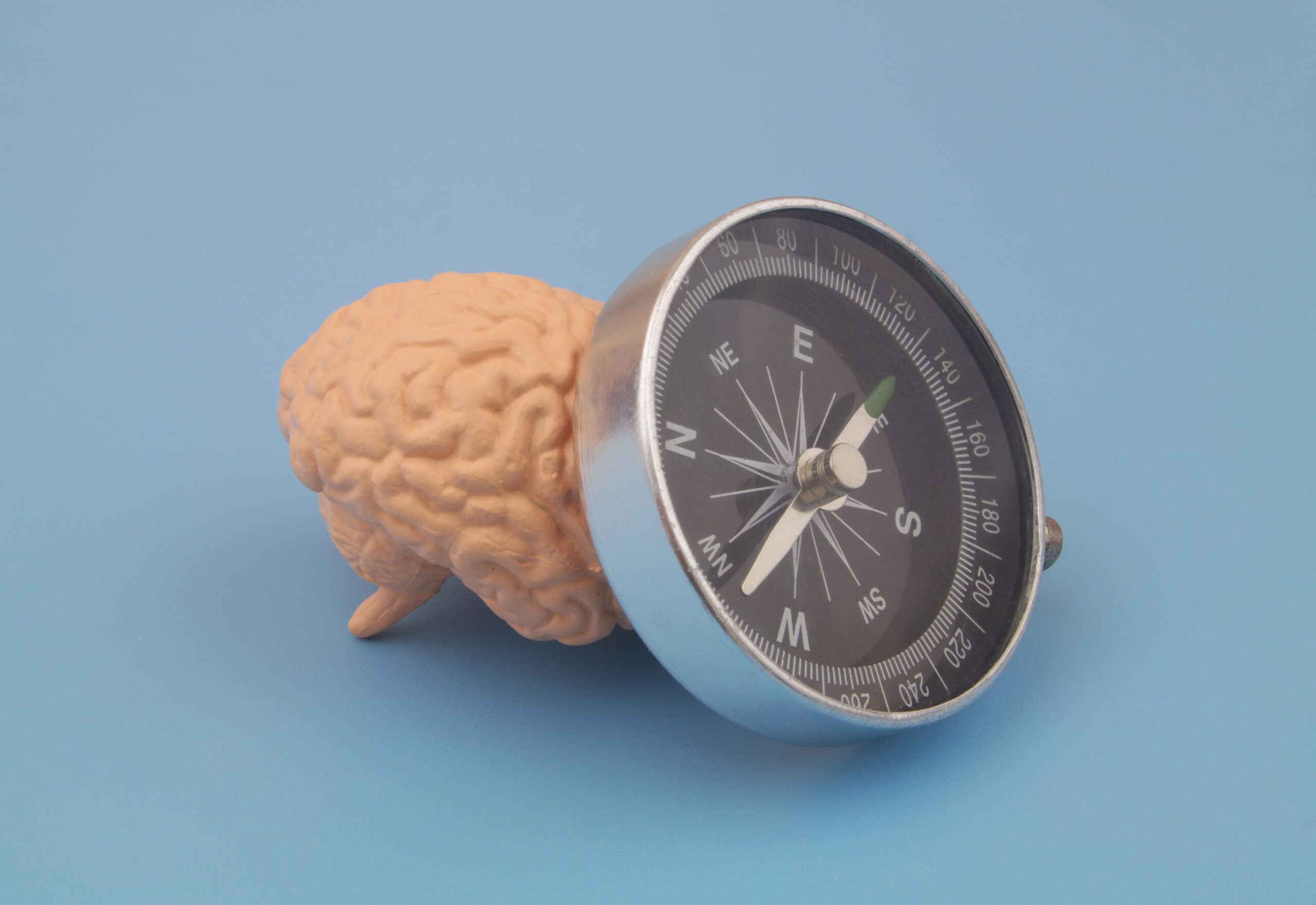
New study of human motion-tracking released
Our ability to get from point A to point B, whether we’re just going from the front door to our car or hiking through a forest, is something we often take for granted, and hasn’t been extensively studied. Now, researchers are trying to change that: For the first time, a study has pinpointed how the brain’s “neural compass” helps humans orient themselves and avoid getting lost.
“Keeping track of the direction you are heading in is pretty important,” lead author Benjamin J. Griffiths said in a statement. “Even small errors in estimating where you are and which direction you are heading in can be disastrous.”
He and his colleagues conducted a series of motion-tracking experiments on 52 participants who were asked to orient themselves while an EEG scalp monitor tracked brain activity. They found that the brain sends out a “directional signal” before any physical movement is made, thus indicating an internal “compass” of sorts.
“Isolating these signals enables us to really focus on how the brain processes navigational information and how these signals work alongside other cues such as visual landmarks,” Griffiths explained, noting that the work could be used in research on neurodegenerative diseases like Alzheimer’s and Parkinson’s.
